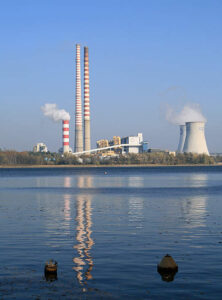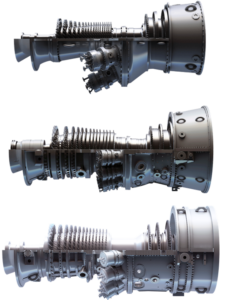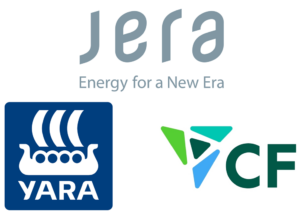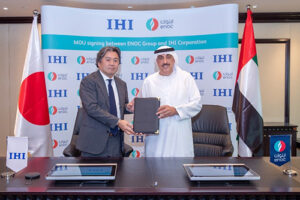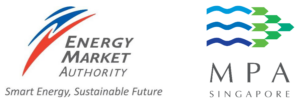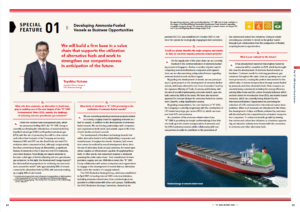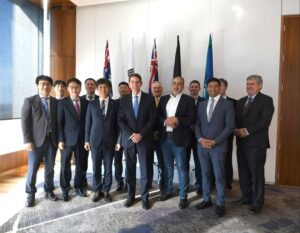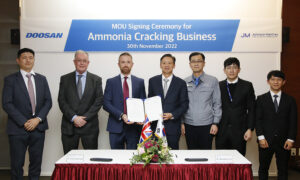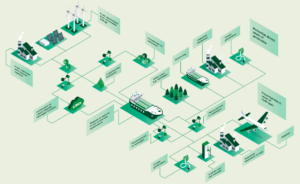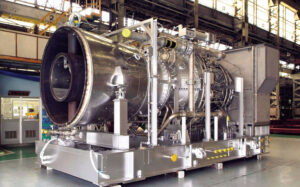Ammonia co-firing trials to commence in the Philippines, Thailand and Chile
Ammonia co-firing trials will shortly commence in the Philippines, Thailand and Chile, with an initial focus on co-firing rates of 20-30% ammonia. Japanese energy giants JERA and Mitsubishi Heavy Industries continue to be significant players in the co-firing space.
